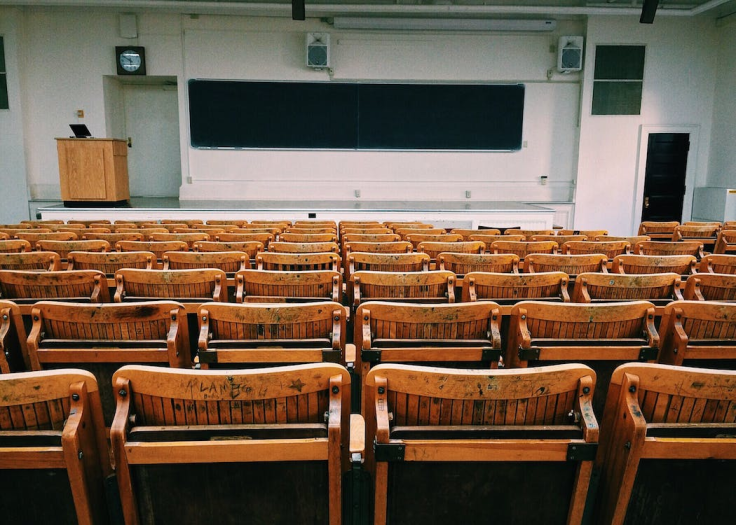In a landmark decision, Dartmouth College has emerged as the trailblazer among Ivy League institutions by announcing the reinstatement of its standardized testing requirement for the upcoming application cycle.
This strategic shift marks a departure from the widespread test-optional policies adopted by most U.S. colleges and universities during the challenging period of the COVID-19 pandemic. Dartmouth's decision to revert to a standardized testing requirement is a bold move that is likely to influence the ongoing debate surrounding the role of standardized tests in the admissions process.

A Pioneering Move: Dartmouth Breaks from Test-Optional Trend
The initial suspension of Dartmouth's standardized testing requirement in June 2020 mirrored the actions of numerous institutions grappling with the uncertainties posed by the global pandemic. However, the recent announcement underscores a deliberate departure from the test-optional norm, with Dartmouth asserting that standardized testing will play a crucial role in attracting the most promising and diverse students to its campus.
Data-Driven Rationale: Testing Scores Linked to Academic Preparedness
Dartmouth's decision to reinstate standardized testing is grounded in a data-driven approach, citing recent research that establishes a more substantial link between college academic preparedness and standardized test scores than with high school GPAs. The college draws on insights from Opportunity Insights, a Harvard-based organization, which suggests that standardized test scores provide a more accurate measure of academic readiness. An internal study ordered by Dartmouth president Sian Beilock further corroborated these findings, reigniting the ongoing debate over the role of standardized testing in shaping the admissions landscape.
The Opportunity Insights study has sparked discussions across higher education institutions, particularly within the Ivy League, as many contemplate the permanency of their test-optional policies established during the pandemic. Dartmouth's internal research reveals a perspective that challenges conventional assumptions about standardized testing, suggesting that test scores could be instrumental in expanding access and identifying untapped talent. This unexpected conclusion prompts a reevaluation of the impact and value of standardized testing in the admissions process.
Divergent Paths: Ivy League Institutions Navigate Testing Policies
Dartmouth's distinctive decision sets it on a unique trajectory within the Ivy League, a group of institutions taking diverse paths in response to the standardized testing debate. While Columbia University and the College of William & Mary have opted to extend their test-optional policies indefinitely, signaling a commitment to flexibility in admissions criteria, Georgetown University and the Massachusetts Institute of Technology (MIT) have chosen to reinstate their testing requirements, aligning more closely with Dartmouth's recent move.
The nuanced landscape of testing policies within the Ivy League reflects the ongoing dialogue and assessment of the role of standardized tests in evaluating student preparedness and potential. Each institution grapples with the delicate balance between inclusivity and the pursuit of academic excellence, navigating a complex terrain shaped by evolving research, internal studies, and broader discussions within the higher education community.
Dartmouth's bold step to reintroduce standardized testing raises questions about potential ripple effects within the Ivy League and beyond. As institutions continue to navigate the post-pandemic landscape of college admissions, Dartmouth's decision sets a precedent for thoughtful reconsideration and strategic alignment with evolving research on standardized testing's impact on identifying and nurturing academic talent.
Dartmouth College's groundbreaking decision to reinstate its standardized testing requirement for the upcoming application cycle challenges the prevailing trend of test-optional policies. The move is informed by data-driven insights into the correlation between testing scores and academic preparedness. As Dartmouth takes a lead in the Ivy League, the broader higher education community is prompted to reconsider the role of standardized testing in the admissions process, setting the stage for a potentially transformative shift in evaluation criteria and the pursuit of academic excellence.
© 2025 University Herald, All rights reserved. Do not reproduce without permission.








